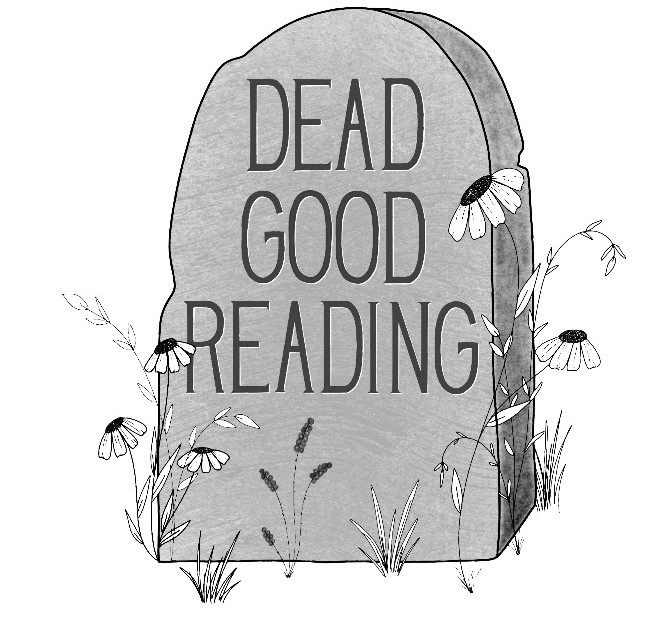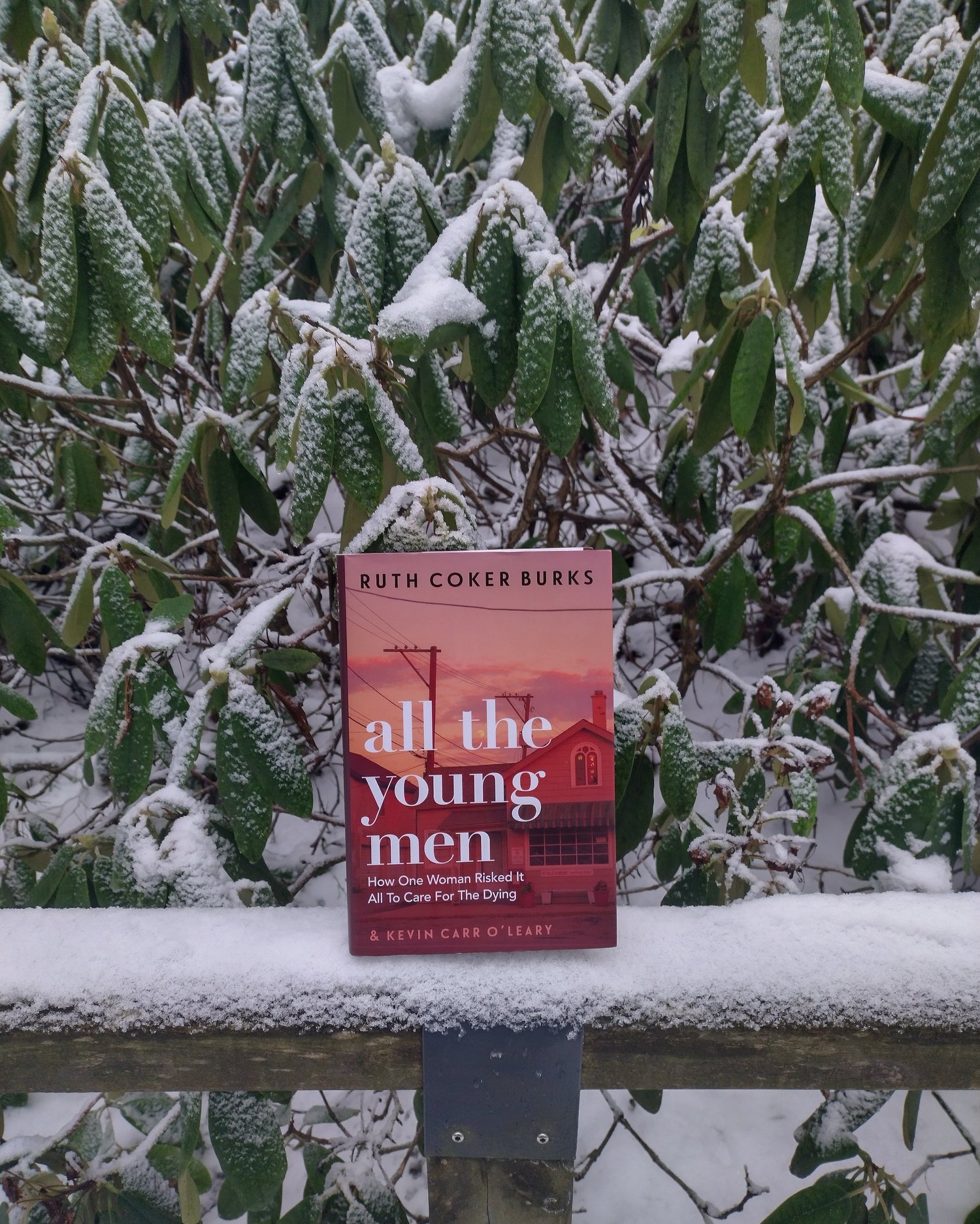December 1 marks World AIDS Day. It’s an opportunity for people worldwide to unite in the fight against HIV, to show support for people living with HIV, and to commemorate those who have died from an AIDS-related illness. Founded in 1988, World AIDS Day was the first ever global health day.
The covid-pandemic has shown us all first-hand what happens when a new and unknown disease emerges. As covid first made its appearance in China, prejudice, racism and dehumanization took place towards Asian people. Misinformation, stigma and panic shape public perceptions and public response. In the 80s and 90s people’s views on homosexuality dehumanized a lot of people suffering from HIV/AIDS. Untouchable. Unmentionable. Unspeakable.
Luckily nowadays there is medication available which means that HIV is no longer a death sentence. Sadly, the disease itself has not disappeared. I recently saw a campaign in public transport in Helsinki informing people in both Finnish and English that they can get tested for HIV. So, a positive is that information about this is more openly available, and discussion about the topic encouraged.
The television miniseries It’s a Sin highlights the enormous impact that HIV had in the UK. The series follows a group of young men living in London who one by one succumb to the illness. I highly recommend this series to anyone interested in the topic. So many young men lost their lives. So many lives cut short.
All the Young Men by Ruth Coker Burns tells the story of a single mother from Hot Springs, Arkansas, who by chance got very involved during the HIV/AIDS crisis, as she cared for a lot of young men in her local community. This book powerfully shows how a whole generation of young men has vanished.
One evening, as her friend is in hospital, she hears a patient cry out for his mother. And no one comes to his aid. She decides to enter his room, not knowing what this small act of kindness would lead to. Coker Burns starts to receive calls from the hospital and also calls from men who have been diagnosed as she increasingly becomes known as a person who will help.
“There was no medicine, so all I could offer was information. They were usually planning to return to Arkansas from someplace else and I had to teach myself to stop immediatly saying, “Don’t”.
But most of them couldn’t get a doctor to see them even where they were. They were literally thrown out of clinics because they were gay. Some didn’t know the most basic information about what was happening to them,”
— All The Young Men (Coker Burns, 2020, page 55)
All the Young Men is the story of how Coker Burns became an accidental activist; she helps caring for those afflicted with the disease and helps dispose and bury the bodies of the men who died. She inherited part of a cemetery (although some people on the internet say this is not true) and secretly buries people on this graveyard.
Not everyone appreciates what she is doing, and many in her local church community treat her as contagious; they refuse to touch the food she makes for pot lucks, and her daughter has a hard time making friends.
Medical professionals often refused to go into the rooms of patients with HIV. Even when more has become known about the illness there is often a discomfort amongst nurses and doctors to be involved in their care without PPE. Undertakers similarly are hesitant in assisting with the burial of those who die of HIV.
“The funeral directors said they would only come after hours. I arranged to be there for Jimmy. they came late, wearing these horrible moon suits like they were from outer space. They shoved him in a bag and carried him off without a shred of dignity. I followed them as they hurried out the back door, keeping even this mercy a secret. ”
— All the Young Men (Coker Burns, 2020, page 10)
Coker Burns tries to source food and medication for “her guys”. She is very frugal and goes dumpster diving near supermarkets, which typically have a lot of food waste. Even GPs that are willing to be more involved in aiding patients only do so secretly. Coker Burns slowly builds up her own stack of medicines, and collects all the leftover medications of those who have died, so others can use them. While increasingly doctors are prescribing medicines, pharmacies also have the power to refuse to fill a prescription.
Both All the Young Men and It’s a Sin highlight the fact that whilst the AIDS-crisis was very recent, many things have disappeared from our collective memory. It is therefore so important that books and television series like these exist, so the stories of all these young men are not forgotten but instead celebrated and remembered.


Leave a Reply